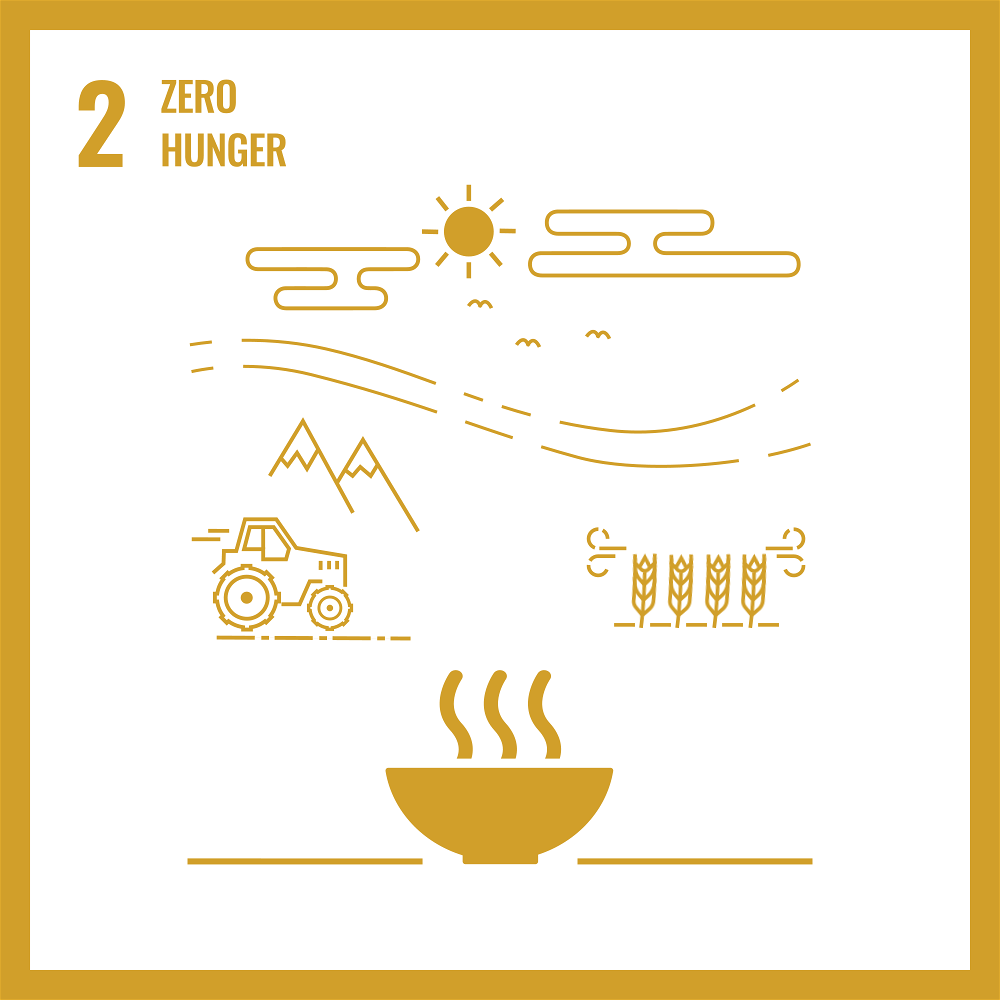Food Sovereignty
Partnering with Alma Verde Permiculture
"Much of Patagonia remains wilderness and is home to more protected areas than industrial agriculture. Still, the region is entangled with the global food system, as its residents rely heavily on food produced outside the region.
...
This significant ecological food footprint means that it takes more energy to grow and put food on the table than the very caloric energy that provides us with that same food: it is the very definition of unsustainable."
- Patagon Journal, Issue 23 (Feb 2021)

We are regenerating the lands of Patagonia by empowering a community to grow organic food through a community school garden, named Verde Esperanza (Green Hope) by the students, in collaboration with Chilean NGO Alma Verde Permaculture.
Students from Liceo Bicentenario Rural and community members in Villa Cerro Castillo can connect directly with the fruits of nature as viable and healthy food sources, in a way that is accessible, productive, and has a positive impact on their local environment.
In addition, as a complement to the "Clean Point" we built, the school can manage organic waste through composting and thus generate fertile soil for the vegetable garden. Through hands-on, vegetable gardener-led workshops, along with educational programs on agroecology, youth will learn to better understand their relationship with food, land, and soil.


United Nations Sustainable Development Goal (UN SDG)
We contribute to SDG 2 (Zero Hunger) through the implementation of school and community gardens that promote food security, sustainable production, and agroecological education, strengthening access to nutritious and fresh food in rural communities.
Partnering with Alma Verde Permaculture
